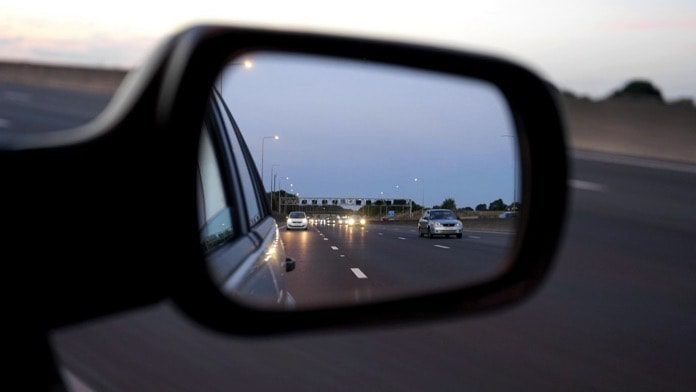Researchers in the United States determine the differences between sleep deficiency and sleepiness on the risk of a car crash.
Many people suffer from sleep deficiency, defined as an insufficient amount of sleep. Possible causes for sleep deficiency include a habitually short sleep duration and sleep apnea. A symptom of sleep deficiency is excessive sleepiness, which in turn has been identified as a leading car crash risk. Only half of those who suffer from sleep apnea experience daytime sleepiness.
Are sleep deficient people more at risk of a car crash even without showing excessive sleepiness?
Researchers in the United States investigated whether sleep deficient people were more at risk of having a car crash, even if they did not show excessive sleepiness. The study involved questioning participants from the larger Sleep Heart Health Study (SHHS) from the American National Heart, Lung, and Blood Institute.
Participants questioned two years apart about their sleeping and driving
The SHHS involved 6,441 men and women aged 40 years or older. At the study onset, these participants completed questionnaires about their sleep habits, including whether they experienced excessive sleepiness and general health. They also underwent overnight polysomnography, which is a comprehensive type of sleep study involving the monitoring of many body functions including brain waves, heart rate, and blood oxygen level.
Two years after this, the participants again completed the sleep habit and general health questionnaire, as well as questions about their driving habits and car crash history. After exclusions for non-drivers and incomplete questionnaires, the total number of people in this study was 3,201.
Sleep deficiency, not sleepiness, matters in the likelihood of a car crash
The results of this study were recently reported in the journal BMC Medicine. The major results are listed below. The Apnea Hypopnea Index is a measure of sleep apnea, and refers to the number of apneas per hour, with less than five apneas each hour being normal or minimal
- The odds for a car crash occurring increased by 15% for every 10-unit increase in apnea hypopnea index in the overall study population.
- The odds for a car crash occurring increased by 17% for every 10-unit increase in apnea hypopnea index in the participants who also did not report excessive sleepiness.
- For sleep apnea participants not reporting excessive sleepiness, the excess risk of a car crash compared to participants without sleep apnea was only significant for those with severe sleep apnea.
- For each hour decrease in sleep duration, the risk of a car crash increased by 13% in the overall study population.
- For each hour decrease in sleep duration, the risk of a car crash increased by 22% in the participants who also did not report excessive sleepiness.
- There was a strong relationship between excessive sleepiness and car crash risk.
The overall result was that sleep deficiency, due to either sleep apnea or shortened sleep duration, increased the risk of a car crash. This finding was true even amongst participants who did not report excessive sleepiness.
The study authors did acknowledge that the requirement for the participants to self-report their driving and car crash behavior and history was a potential limitation of their research.
Any symptom of sleep deficiency should be treated
The application to the general public is that the absence of sleepiness should not be taken as a sign that one does not have a sleep deficiency issue. This study shows that people should seek treatment if seeing any symptom sleep deficiency in one’s life.
Written by Raymond Quan, MASc, MBA
Reference: Gottlieb et al. “Sleep deficiency and motor vehicle crash risk in the general population: a prospective cohort study.” BMC Medicine (2018) 16:44



